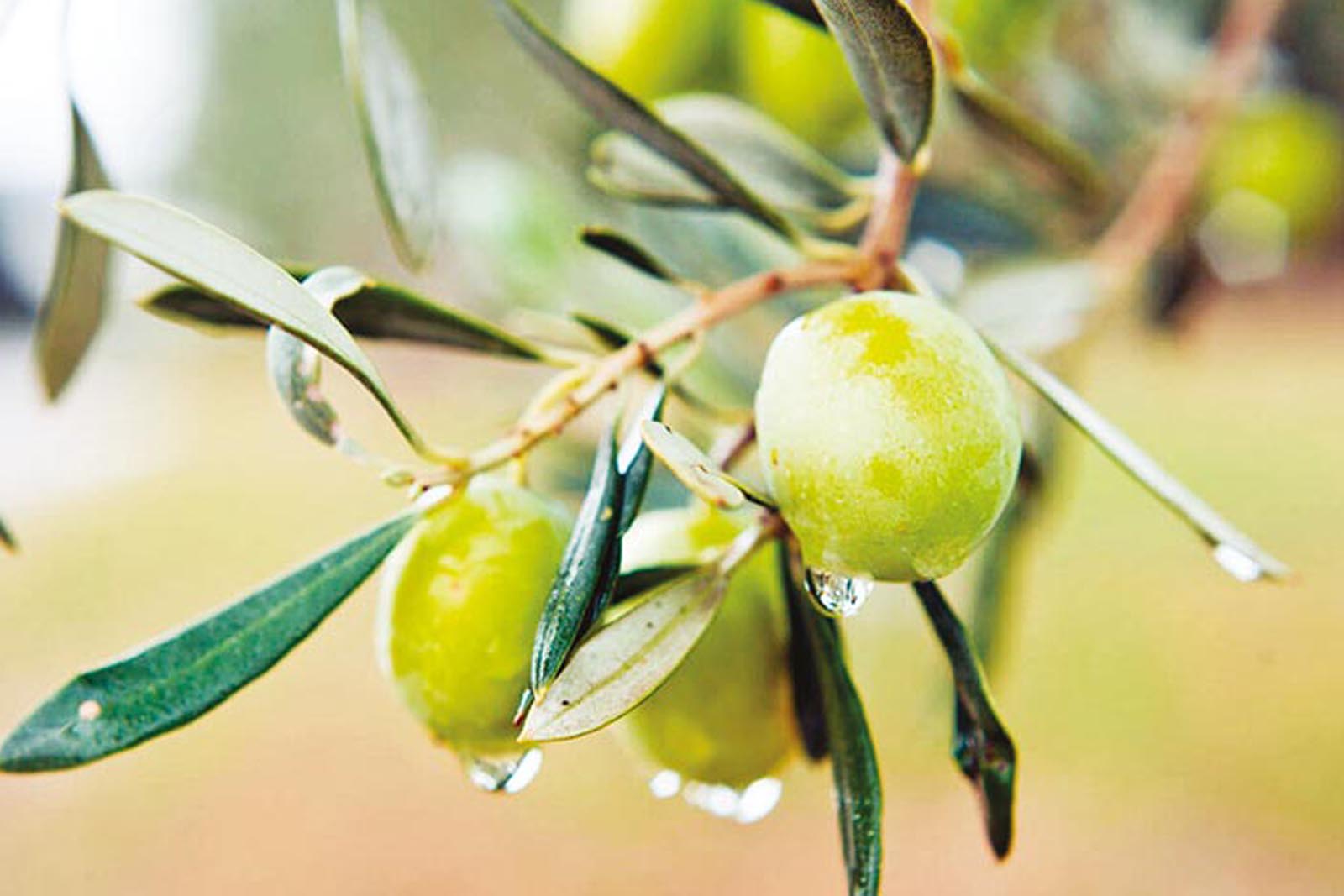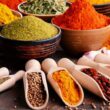
High blood pressure is one of the important risk factors for cardiovascular disease and coronary heart disease. In the field studies conducted, it is seen that nutritional supplements are widely used instead of prescribed drugs or in addition to drug treatment in lowering blood pressure. In addition to the diet programs recommended for this purpose, especially antioxidants, vitamins, minerals and some herbal products are used.
Reducing sodium (salt) consumption to less than 2.3 grams per day can reduce the risks of stroke and other cardiovascular problems. On the other hand, increasing potassium consumption can reduce the risk of blood pressure and cardiovascular disease. It is reported that 1.6 grams of potassium per day reduces the risk of stroke by 21 percent. The effect of magnesium consumption in lowering blood pressure remains weaker than potassium. In the studies conducted (34 studies conducted on 2,000 and twenty-eight people), a daily reduction of 2.00/1.78 mmHg (the unit read as millimeters of mercury) in blood pressure was achieved by administering 268 milligrams of magnesium daily for 3 months. Zinc is a mineral that reduces oxidative stress, thus reducing inflammation and immune problems. It is transported to the heart and vascular tissues by metallothionein. The recommended amount is around 50 milligrams per day. However, the rise in blood level should be carefully monitored. There are not enough studies to show the effectiveness of calcium, another important mineral.
L-arginine has been shown to reduce blood pressure by 6.2/6.8 mmHg when given in a daily amount of 12 grams. However, due to the risk of side effects in some heart diseases (advanced atherosclerosis, acute coronary syndrome, myocardial infarction patients), it is advised to avoid its use in this group of patients.
Taurine can be effective in lowering blood pressure in several ways. A 9/4.1 mmHg decrease in blood pressure was achieved by administering 6 grams of taurine per day for seven days. In a clinical study with a large participation (120), a decrease of 7.2/2.6 mmHg was achieved with the application of 1.5-6 grams per day.
Omega-3 and omega-6 fatty acids have been shown to reduce blood pressure and prevent an increase in blood pressure. In a study evaluating 70 clinical studies, it was observed that 1.5/1.0 mmHg reduction in blood pressure could be achieved with the use of 0.3 to 15 grams of Omega-3 per day for 4 to 26 weeks. The recommended daily amount is 3-5 grams (3 parts EPA and 2 parts DHA). It is reported that gamma-linolenic acid (GLA) from the Omega-6 group, another fatty acid group, can prevent high blood pressure caused by saturated fatty acids, and GLA can be effective especially in high blood pressure due to stress.
Olive leaf extract and extra virgin olive oil rich in monounsaturated fatty acids have been proven to lower blood pressure. It has been shown that 500 milligrams of olive leaf extract per day can reduce blood pressure at 6/5 mmHg, and with 1000 milligrams it can reduce as high as 13/5 mmHg. It is reported that extra virgin olive oil can reduce the high blood pressure value (systolic) up to 14 mmHg in elderly individuals, and even in another study, half of the patients stopped using blood pressure lowering drugs.
Vitamin C, one of the antioxidant vitamins, is water soluble. In a scientific clinical study (randomized controlled), it was observed that an average of 4.5/2.8 mmHg reduction in blood pressure could be achieved by administering three different amounts of vitamin C (500 milligrams, 1 and 2 grams per day) in 31 patients. No change was achieved with low or high vitamin C administration. In another study, it is reported that a 7/4 mmHg decrease was achieved with 500 mg of vitamin C daily. It is stated that a blood level of vitamin C of 100 μmol/L (100 micromol per liter) is ideal in terms of balancing blood pressure. The blood pressure-lowering effect of vitamin E, which is a water-insoluble antioxidant, is quite low. It can contribute to some vascular diseases, diabetes or high blood fats.


